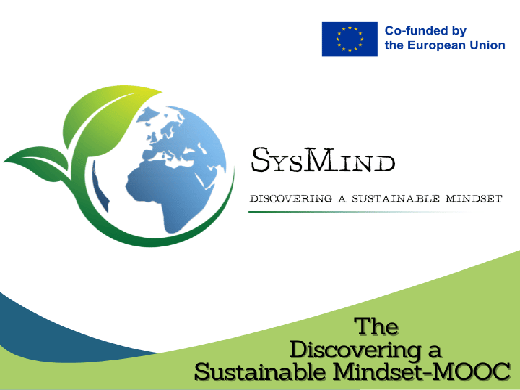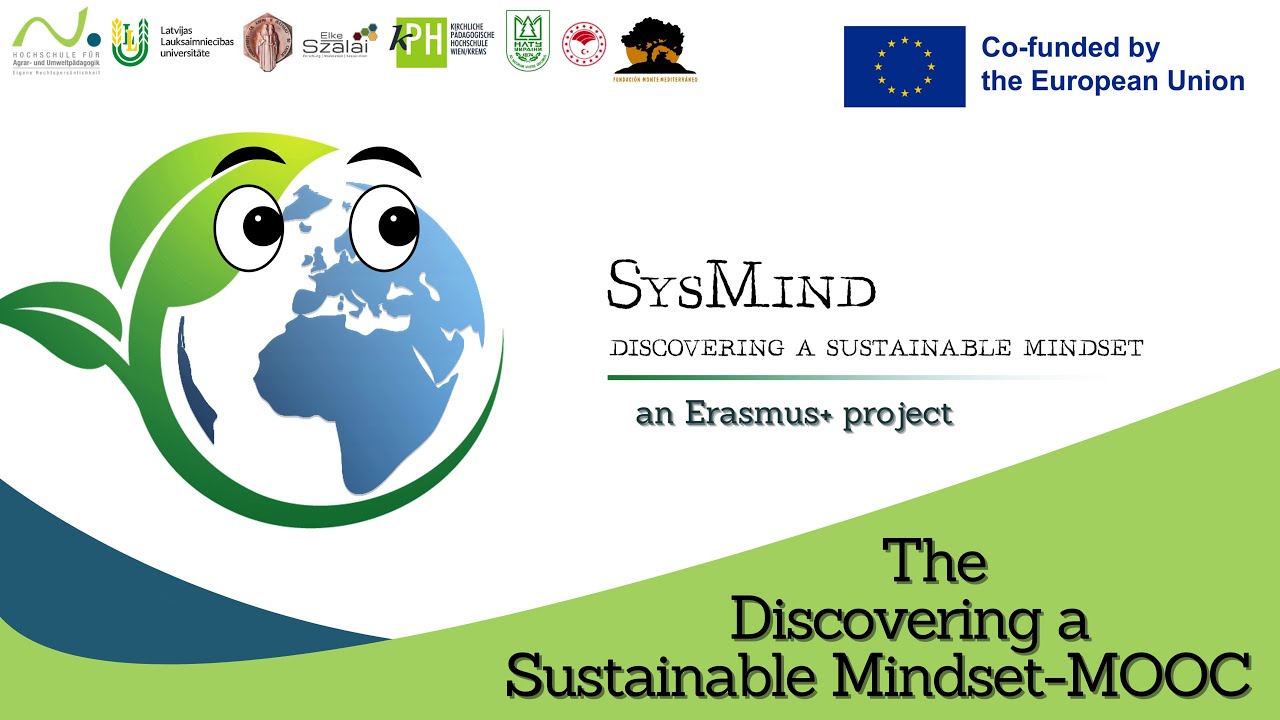Discovering a Sustainable Mindset-MOOC
Kursstart: 1. Juni 2024
Discovering a Sustainable Mindset-MOOC
Silke Schaumberger
Dieser Kurs ist Teil einer MOOC-Serie: Nachhaltigkeit: Heute für Morgen
Wissenschaftliche Einordnung:
Kursstart: 1. Juni 2024
Discovering a Sustainable Mindset-MOOC
Silke Schaumberger
Dieser Kurs ist Teil einer MOOC-Serie: Nachhaltigkeit: Heute für Morgen
-
Umfang: 5 Lektionen
-
Aufwand: 2 Stunden/Woche
-
Teilnehmende aktuell: 487
-
Lizenz: CC BY-SA 4.0
-
Kursstart: 1. Juni 2024
-
Kursende: -
-
Status aktuell: Laufender Kurs
-
Verfügbare Sprachen:
Trailer
Details zum Kurs
Inhaltsübersicht
Allgemeine Informationen zum Kurs
Dieser Kurs steht allen Interessierten offen, richtet sich im Besonderen aber an Lehrende und Ausbilder:innen in der Berufsbildung und möchte diese dabei unterstützen, Lernende bei der Entwicklung eines nachhaltigeren Mindsets konstruktiv zu begleiten.
Faktenwissen allein führt nur sehr selten zu (einer Änderung von) Handlungen. Werte und persönlicher Bezug zum jeweiligen Thema spielen eine ausschlaggebende Rolle – und auch spirituelle, religiöse und kulturelle Aspekte sind Antriebsfedern für das individuelle Verhalten. Dies alles gilt es zu berücksichtigen, um die Entwicklung eines nachhaltigeren Mindset bei Lerngruppen zu unterstützen.
Link zum deutschen Trailer: https://youtu.be/X6MO0Z6plDU
Kursinhalt
In den folgenden fünf Lektionen zeigen wir Ihnen, wie komplex und vielschichtig die Entwicklung eines nachhaltigen Mindset ist:
Lektion 1: Einführung in das Thema der Nachhaltigen Entwicklung
Lektion 2: Die vier Elemente - Verbindungspunkte zwischen Wissenschaft, Kultur und Spiritualität
Lektion 3: Spiritualität und Nachhaltigkeit
Lektion 4: Einstellungen und Werte - Bausteine des Mindset
Lektion 5: Bewertung, Beurteilung und Best Practices
Lernziele
Nach Absolvierung dieses Kurses sind die Absolvent:innen in der Lage:
- ihre eigenen kulturellen, religiösen und spirituellen Hintergrund zu reflektieren und dieses Bewusstsein als Voraussetzung für ihre Arbeit mit heterogenen Schüler:innen- und Student:innengruppen zu betrachten;
- Lernende zu unterstützen, die eigene Denkweise hinsichtlich Nachhaltigkeit auf Basis ihrer eigenen kulturellen, religiösen und spirituellen Sichtweise/Position/Hintergrund zu reflektieren;
- Wissen, Fähigkeiten und Kompetenzen zu interkulturellen, interreligiösen und spirituellen Ansätzen in Nachhaltigkeitsbelangen zu entwickeln;
- Lehrmethoden und -techniken einzusetzen, die die kulturelle, spirituelle und religiöse Vielfalt berücksichtigen und die nachhaltige Entwicklung fördern.
Vorkenntnisse
Es sind keine Vorkenntnisse nötig.
Kursablauf
Der Kurs besteht aus fünf Lektionen, die jeweils mindestens ein Video, verschiedene Zusatzmaterialien und ein Abschlussquiz beinhalten. Die einzelnen Lektionen werden zeitgleich freigeschaltet und können auch einzeln absolviert werden.
Der Kurs steht als Selbstlernkurs zur Verfügung.
Zertifikat
Für die aktive Teilnahme am Kurs erfolgt bei Abschluss die Ausstellung eines automatisierten Zertifikats, welches Ihren Benutzernamen, den Kursnamen und die abgeschlossenen Lektionen beinhalten. Es wird darauf hingewiesen, dass es sich nur um eine Bestätigung handelt, die aussagt, dass die Benutzerin oder der Benutzer zumindest 75% der gestellten Selbstüberprüfungsfragen richtig beantwortet hat.
Nachdem die Lektionen auch einzeln absolviert werden können, wird für den erfolgreichen Abschluss jeder Lektion ein Badge verliehen.
Lizenz
Dieses Werk ist lizenziert unter Creative Commons - gleiche Weitergabe 4.0 International (CC BY-SA 4.0), sofern bei einzelnen Inhalten nicht anders angegeben.
Zitationsvorschlag:
Hochschule für Agrar-und Umweltpädagogik (2024): „The Discovering a Sustainable Mindset-MOOC“. Aufgerufen am TT.MM.JJJJ unter Discovering a Sustainable Mindset-MOOC | iMooX; lizenziert unter CC BY-SA 4.0.
Haftungsausschluss:
Von der Europäischen Union finanziert. Die geäußerten Ansichten und Meinungen entsprechen jedoch ausschließlich denen des Autors bzw. der Autoren und spiegeln nicht zwingend die der Europäischen Union oder der Europäischen Exekutivagentur für Bildung und Kultur (EACEA) wider. Weder die Europäische Union noch die EACEA können dafür verantwortlich gemacht werden.
Kursleitung
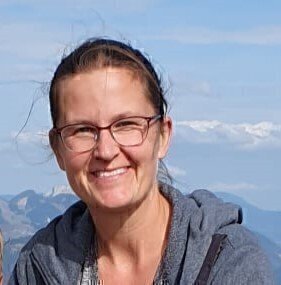
Silke Schaumberger
Dr. Silke Schaumberger ist Landschaftsplanerin, Agrar- und Pferdewissenschaftlerin sowie Agrarpädagogin und an der Hochschule für Agrar- und Umweltpädagogik in Wien tätig. Sie ist Lead Managerin des Erasmus+ Projektes SysMind, in dessen Rahmen der hier vorliegende Kurs entwickelt wurde und hat gemeinsam mit den Projektpartner:innen diesen MOOC erarbeitet.
Die Projektpartner:innen des SysMind-Projektes bringen unterschiedliche Zugänge und Fachbereiche ein und geben gemeinsam im vorliegenden Kurs Impulse und Anstöße, sich mit der Komplexität eines Nachhaltigen Mindsets und dessen Förderung bei Lernenden auseinanderzusetzen.
Partner:innen
Dieser Kurs entstand im Rahmen eines von der Europäischen Union geförderten Erasmus+ Projektes.
An der Produktion und Sammlung von Inhalten und Materialien waren u.a. beteiligt:
Hochschule für Agrar-und Umweltpädagogik: Silke Schaumberger, Veronika Hager, Norbert Hopf, Klaus Karpf, Wilhelm Linder, Monika Winzheim; extern: Lumnesh Swaroop Kumar, SJ
KPH Wien/Krems: Piotr Kubiak, Stefan Sampt und das PILGRIM Team
Fundacion Montenmediterraneo: Ernestine Lüdeke, Juan Luis Gazquez Guerrero
Latvian University of Life Sciences and Technologies: Sandra Iriste
Turkish International Agricultural Training Center: Bülent Sezer
Ss Cecil and Methodius University Skopje: Elena Rizova
Ukrainian National Forestry University: Lyudmyla Maksymiv, Lyudmyla Zahvoyska, Ihor Soloviy
Elke Szalai
-
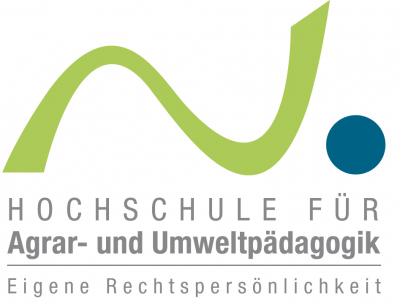
Hochschule für Agrar- und Umweltpädagogik
-
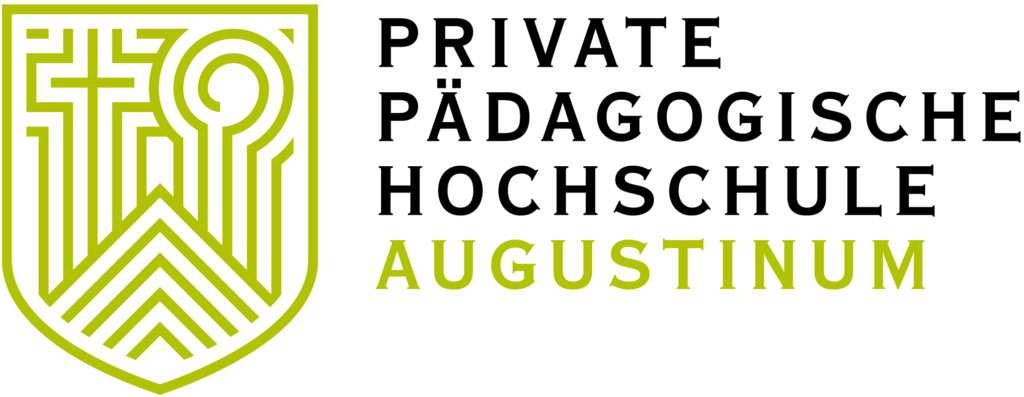
PPH Augustinum
-
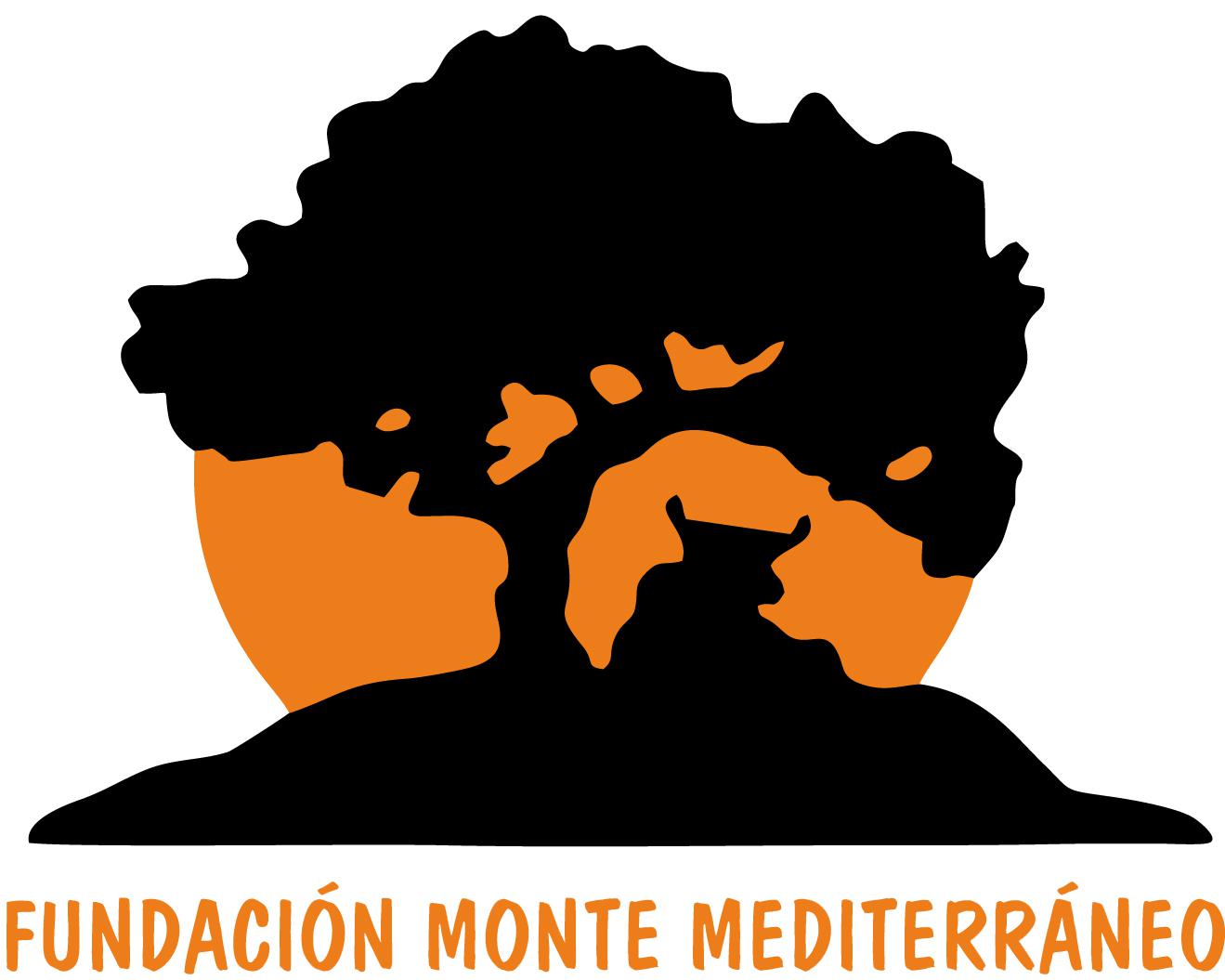
Fundación Monte Mediterráneo
-
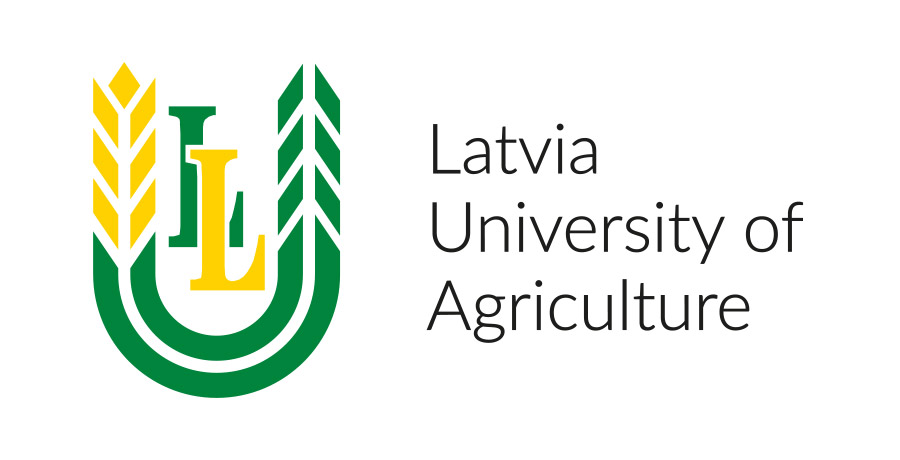
Universität für Agrikultur Lettland
-
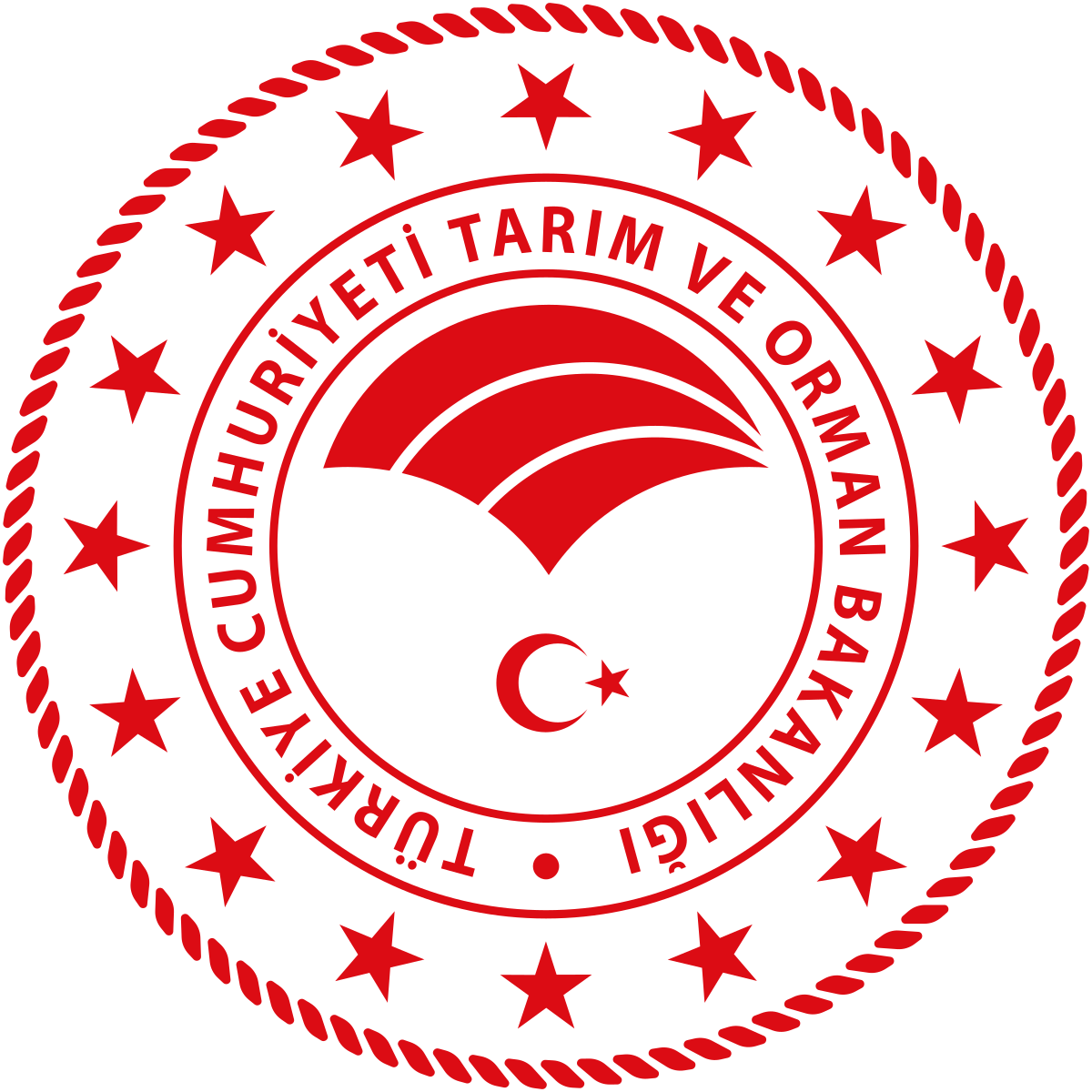
Türkisches Internationales Trainingszentrum für Landwirtschaft
-
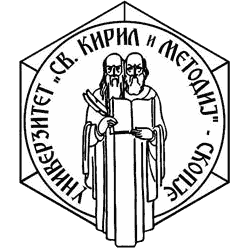
Cyril und Methodius Universität Skopje
-
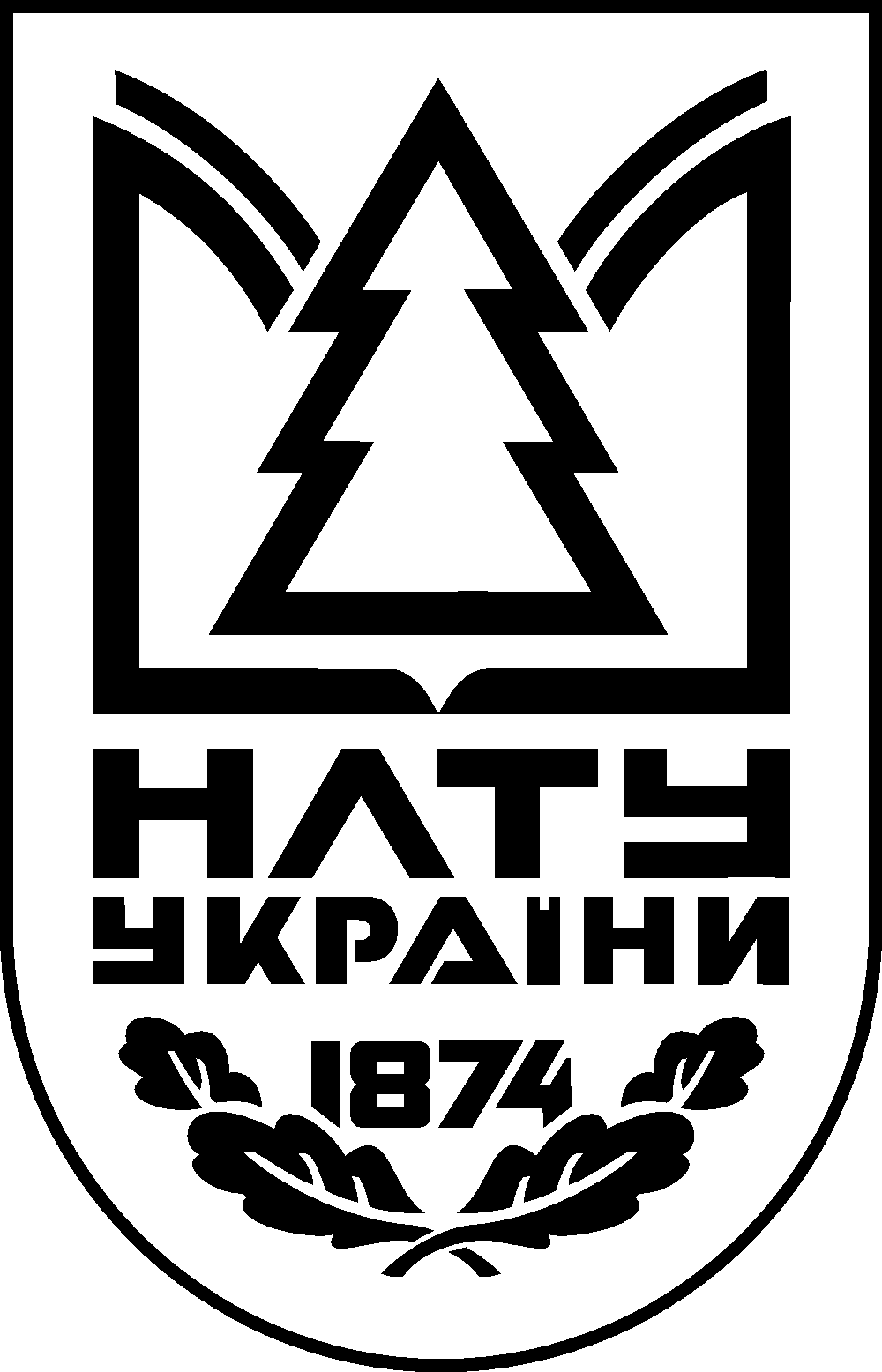
Ukrainische Nationale Universität für Försterei
-
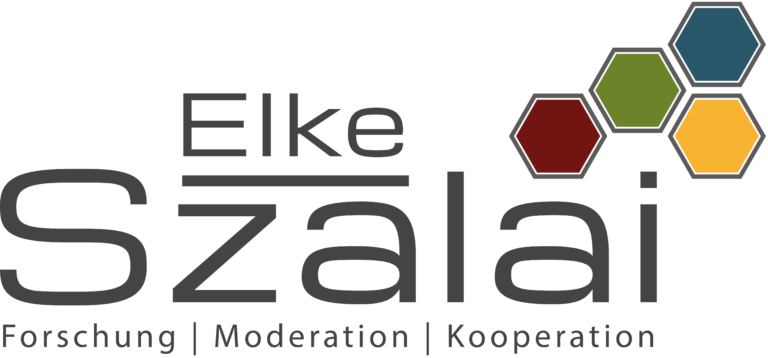
Elke Szalai
-

gefördert von der Europäischen Union
